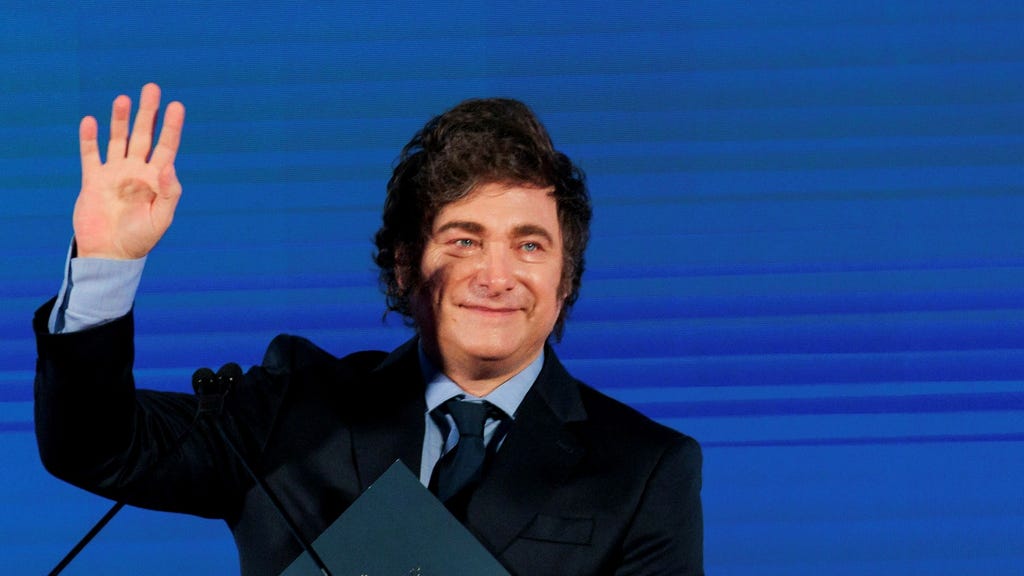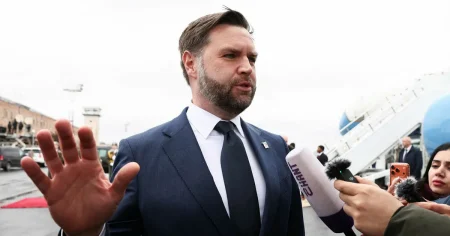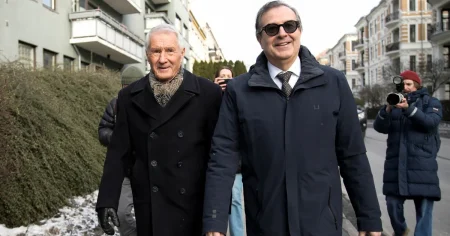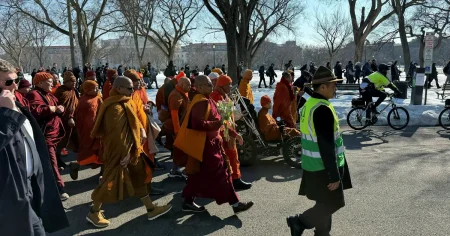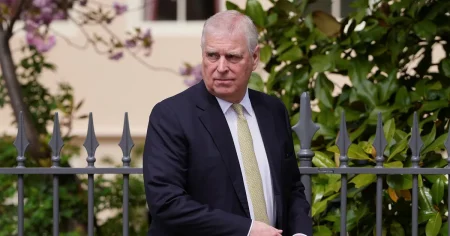In the heart of Buenos Aires, two blocks from the historic Plaza de Mayo, the office of the state employees’ union resides in a grand, century-old building. Its red granite facade and polished brass doors speak of a glorious past, yet the worn interior tells a different story. Handwritten signs taped to the stairwell walls urge members to ”Luchá como una estatal” – fight like a state employee – a rallying cry reflecting their current struggles under the new presidential administration. This sentiment of resilience is echoed by Adolfo Gonzalez Dardik, the union leader for SENNAF, the social services agency responsible for the welfare of children, youth, and the elderly in Argentina.
The arrival of President Javier Milei a year ago brought with it drastic austerity measures and a restructuring of government departments. SENNAF, previously under the Family Ministry, was absorbed into the newly formed ”Ministry of Human Capital,” a conglomeration also encompassing education, labor, social welfare, and women’s affairs. These changes were accompanied by significant job cuts, with over 400 of the 2,436 employees at SENNAF’s Buenos Aires headquarters losing their jobs. Dardik describes the process as arbitrary and brutal, likening it to a ”chainsaw massacre.” He emphasizes the lack of negotiation or logic behind the dismissals, arguing that a more collaborative approach could have achieved necessary reductions without decimating entire departments and crippling the agency’s ability to protect vulnerable citizens.
The consequences of Milei’s sweeping cuts are already being felt across Argentina’s social safety net. The closure of preschools in vulnerable communities, coupled with a surge in poverty from 42% to 53% of the population, has created a precarious situation for countless children and young people. Dardik voices his deep concern over the future, as further cuts are anticipated in 2025. He observes a shift in the government’s approach to social welfare, suggesting a move towards relying on religious institutions rather than the state to care for the poor, a regression he views as harkening back to the 19th century.
Milei’s campaign leading up to the 2023 presidential election was marked by the symbolic use of a chainsaw, representing his promise to dismantle the bloated state apparatus he accused the Peronist party of cultivating over decades. He framed the growth of public sector employment, from 30% to 35% of the workforce in the past ten years, as a vote-buying scheme. His presidency has not only targeted social services but also healthcare, with his health minister considering privatizing public health services, potentially leaving 35% of the population without access to care. Free medications and access to abortion pills have also been reduced. Despite the widespread impact of these policies, Milei boasts of having enacted ”the biggest spending cuts in human history” while maintaining popular support, currently at 52%.
Internationally, Milei has found allies in figures like Donald Trump and Elon Musk, both proponents of shrinking government and empowering the private sector. Milei claims Musk is in contact with Argentina’s Minister of Deregulation and State Transformation, Federico Sturzenegger, seeking to replicate his ”chainsaw effect.” This approach, while lauded by some as efficient and necessary, has drawn sharp criticism from others, particularly within the academic community. Francisco Longa, a sociologist at Conicet, Latin America’s premier state research institute, laments the 30% salary cut imposed on researchers, plunging their wages from the highest to the lowest in the region. He accuses Milei of fueling anti-state sentiment, leading to incidents like the stoning of geologists conducting research. Longa, whose wife, gender studies scholar Lucia Ostrower, was dismissed from her position at the Ministry of Education, feels targeted by the administration’s efforts to dismantle state institutions.
The austerity measures have had a tangible impact on families like Longa and Ostrower’s, forcing them to make significant sacrifices and rely on family support to meet their basic needs. This personal experience reflects the broader economic realities facing many Argentinians. Yet, despite the severity of the cuts, some observers, like political scientist Eugenia Mitchelstein, find Milei’s actions less radical than his campaign rhetoric suggested. She points to his unfulfilled promises to privatize the state bank and television station as evidence of a more pragmatic approach. She also notes the positive impact on inflation, which has dropped significantly since he took office. Mitchelstein speculates that Milei’s close relationship with Trump is strategically aimed at securing new loans from the International Monetary Fund, crucial for revitalizing the economy after the drastic cuts. While the long-term effects of Milei’s policies remain to be seen, his first year in office has undeniably reshaped the landscape of Argentina’s public sector and the lives of its citizens.





